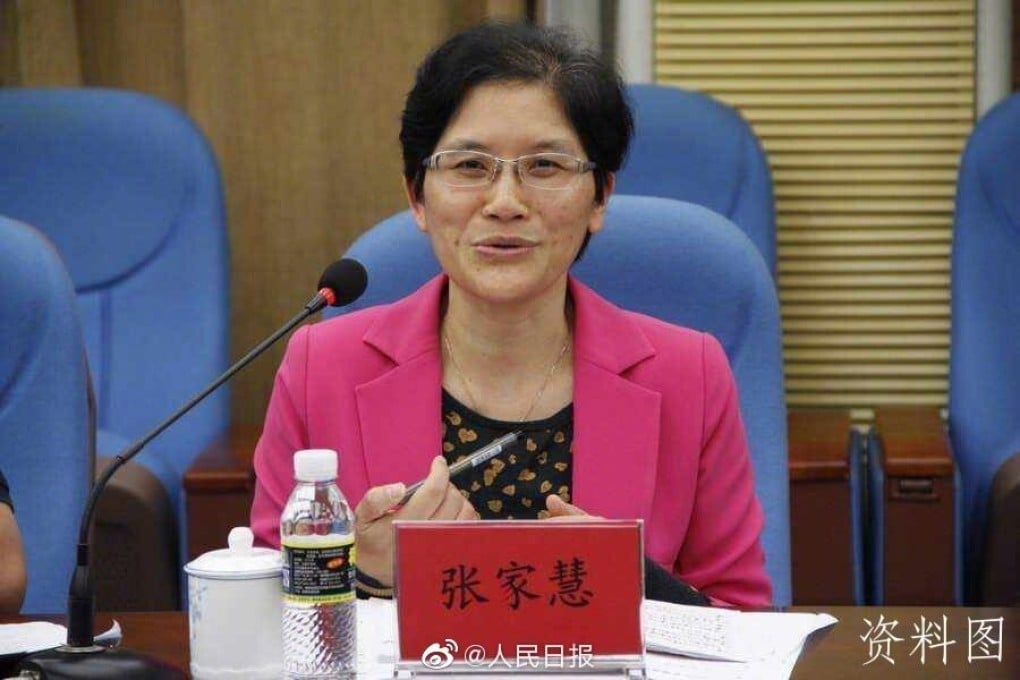China Briefing | China’s crackdown on a corrupt judiciary has a long way to run. Zhang Jiahui is Exhibit A
- Case of ‘the richest judge in China’, who was sentenced to 18 years in jail after taking massive bribes, may be shocking but should not be surprising
- Corruption in Chinese courts is systemic. A widespread lack of accountability and transparency means anti-graft investigators face an uphill battle

Systemic corruption in Chinese courts is an open secret. This is particularly so in commercial litigation cases in which judges are known to rule in favour of the plaintiff or the defendant, largely based on whoever can offer the bigger bribe.
But the evidence of such rampant corruption has been scarce as the authorities tend to shield details of misconduct by corrupt judiciary personnel from public view, acutely aware of the danger of eroding public trust in judicial fairness and integrity.
This started to change last year when anti-graft investigators intensified a crackdown on the judiciary and law enforcement agencies. As a result, a slew of cases involving law-breaking senior judges have been allowed to emerge publicly.
Last month, Zhang was sentenced to 18 years in prison for bribery, fraud, and perverting the law while making rulings in trials.
